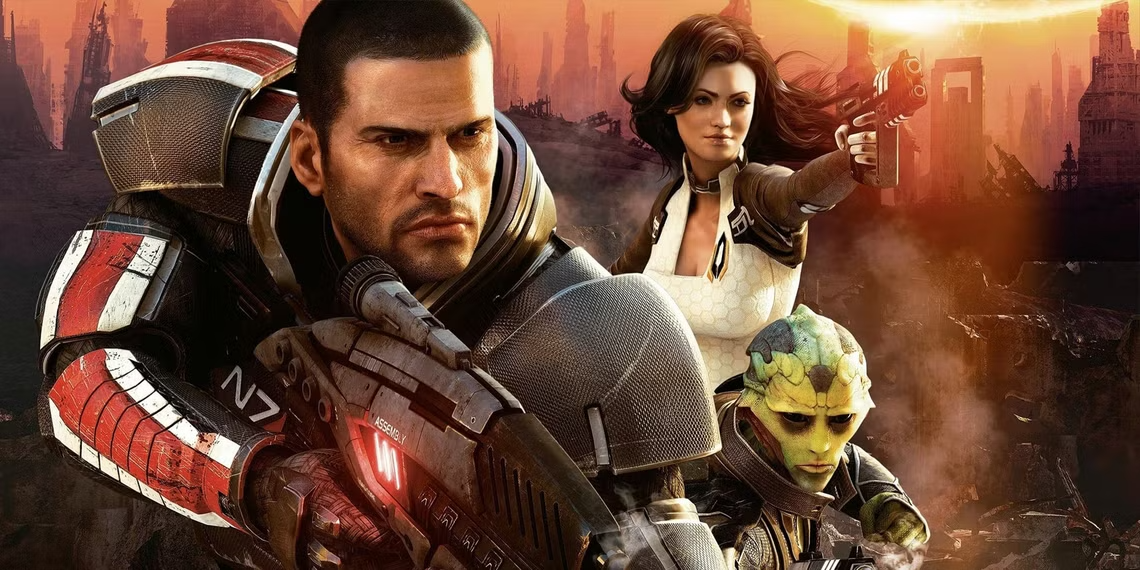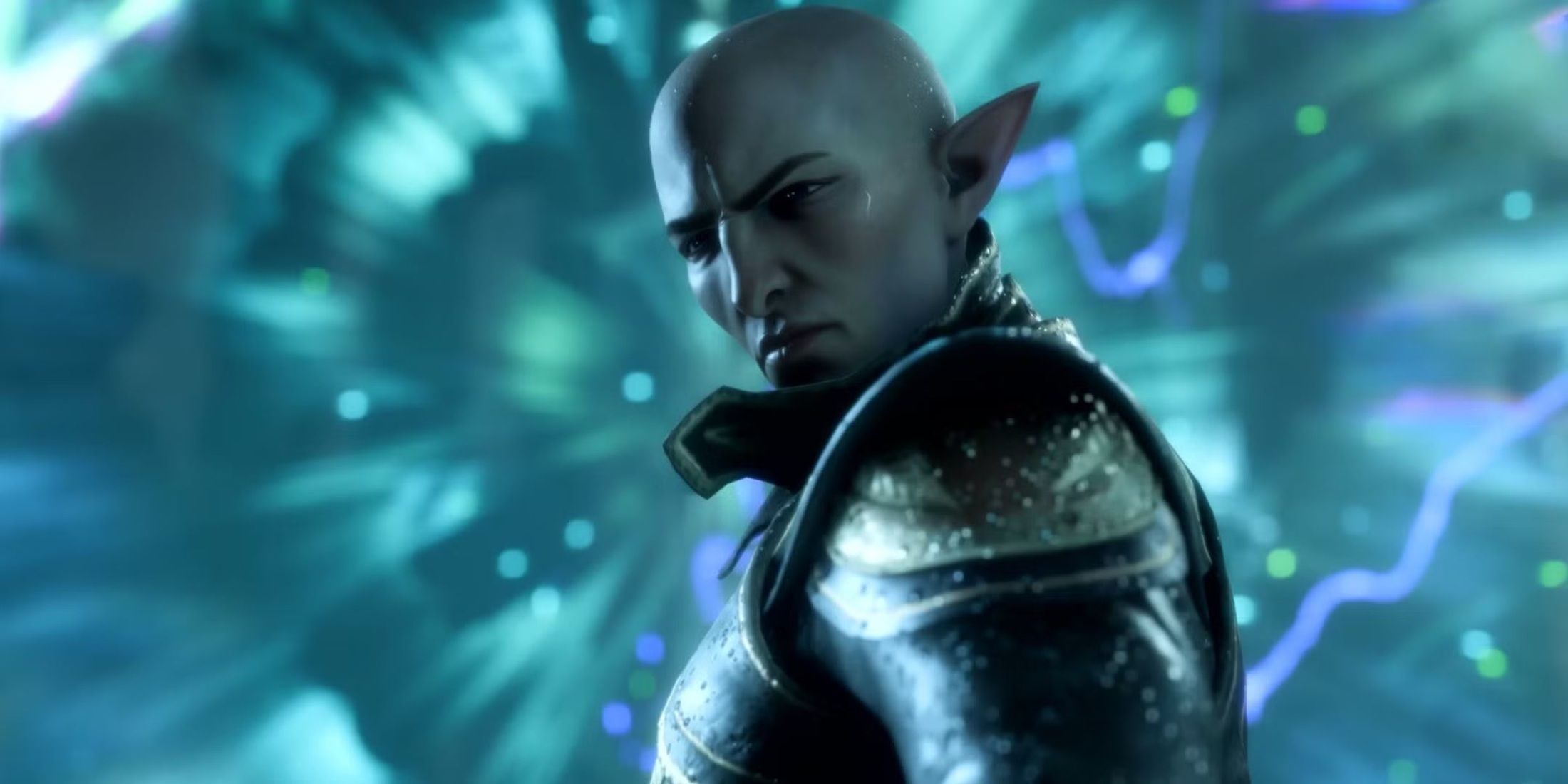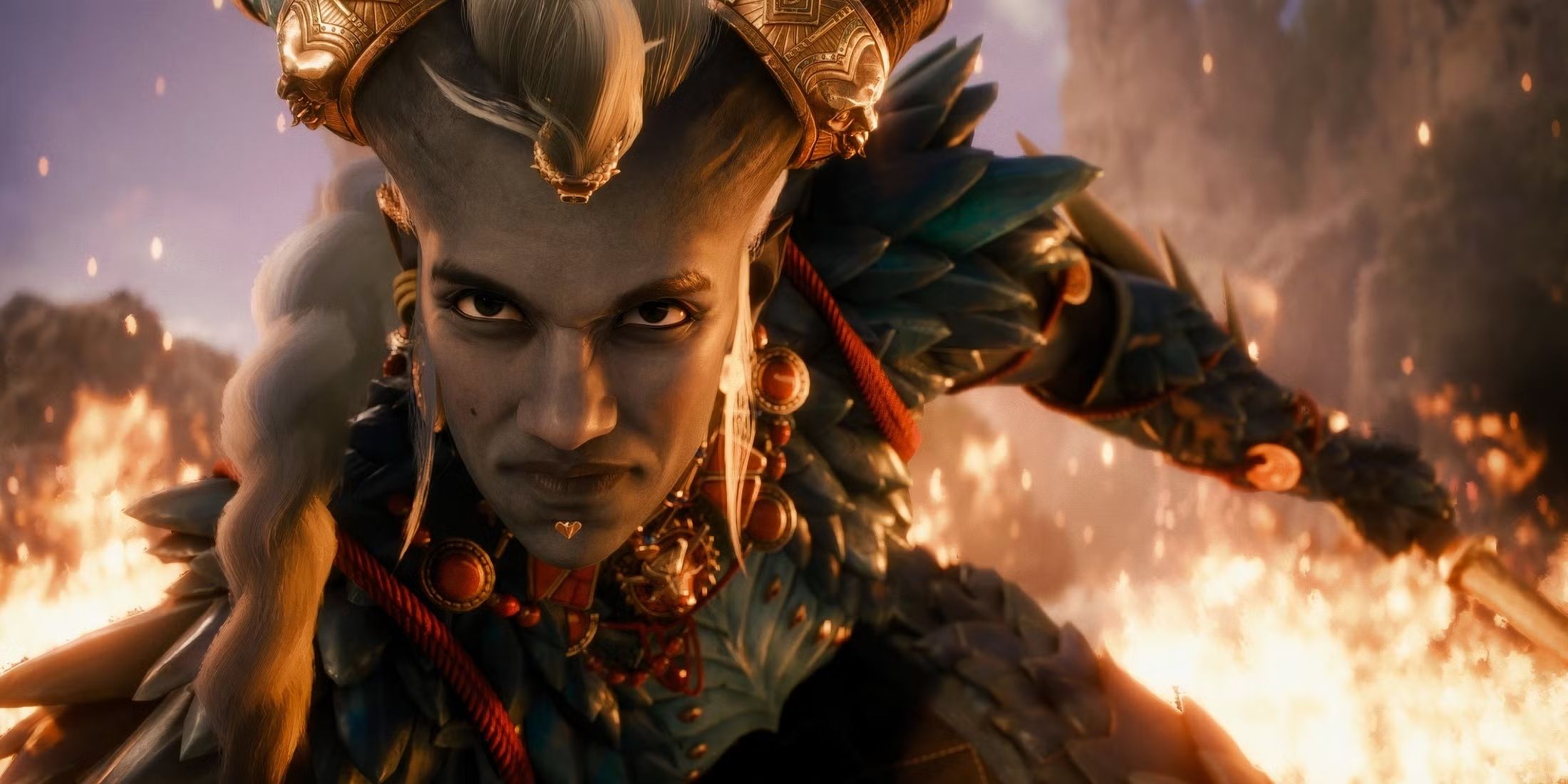Former BioWare Executive Urges Mass Effect Team to Use Veilguard’s Failure as a ‘Scapegoat’
Popular Now
 Toca Boca World
Toca Boca World
 Minecraft
Minecraft
 Black Myth: Wukong
Black Myth: Wukong
 Call of Duty
Call of Duty
 Valorant
Valorant
 Brawl Stars
Brawl Stars
 The Legend of Zelda
The Legend of Zelda
 Genshin Impact
Genshin Impact
 Counter-Strike 2
Counter-Strike 2
 BeamNG.drive
BeamNG.drive
 In a candid and highly controversial statement that is sending shockwaves through the gaming industry, a former BioWare executive has suggested that the team working on the next Mass Effect title should use the recent commercial underperformance of Dragon Age: The Veilguard as a “scapegoat.” The remarks come from Mark Darrah, who served as an executive producer on the Dragon Age franchise for years before his departure from the studio. His comments have reignited the conversation around BioWare’s future, the role of corporate oversight, and the high-stakes pressure facing the developers of one of gaming’s most beloved sci-fi epics.
In a candid and highly controversial statement that is sending shockwaves through the gaming industry, a former BioWare executive has suggested that the team working on the next Mass Effect title should use the recent commercial underperformance of Dragon Age: The Veilguard as a “scapegoat.” The remarks come from Mark Darrah, who served as an executive producer on the Dragon Age franchise for years before his departure from the studio. His comments have reignited the conversation around BioWare’s future, the role of corporate oversight, and the high-stakes pressure facing the developers of one of gaming’s most beloved sci-fi epics.
During an interview, Darrah offered this provocative advice, stating that the Mass Effect team should “scapegoat Veilguard as much as they need to to get what they need” from publisher Electronic Arts (EA). This unorthodox counsel is a direct response to the turbulent development and disappointing sales figures of The Veilguard, which, despite receiving generally positive critical reviews, struggled to attract a large player base. The game reportedly missed its commercial goals by a significant margin, leading to renewed scrutiny of BioWare’s direction and a round of layoffs at the company.
 Unpacking the Scapegoat Strategy: A Tactic for Survival
Unpacking the Scapegoat Strategy: A Tactic for Survival
Darrah’s suggestion is not meant to be a literal accusation of blame, but rather a strategic piece of advice for navigating the complex and often unforgiving relationship between a developer and its publisher. The core of his argument lies in leveraging the very public and documented missteps of one project to ensure the success of another. By pointing to The Veilguard’s failures, the Mass Effect team could theoretically gain more creative freedom and necessary resources from EA. This could allow them to avoid repeating key mistakes that plagued the Dragon Age game’s development.
The “mistakes” Darrah alludes to are well-known within industry circles. For example, The Veilguard was reportedly a project mired in a conflicted vision, at one point being developed as a live-service game before reverting to a single-player RPG. This kind of last-minute shift can cause immense development strain, leading to an experience that feels disjointed or undercooked. The Mass Effect team, by highlighting this issue, could argue for a singular, focused vision from the outset, thus securing a more stable and direct development path.
- Securing a Singular Vision: The advice aims to prevent the new Mass Effect from being pulled in multiple directions by publisher demands. A clear, singular focus on a high-quality single-player narrative is what the franchise is known for, and this strategy would help to secure that direction.
- Resource Allocation: In the competitive world of game development, resources are always a concern. Using The Veilguard as an example of what happens when a project is under-resourced or mismanaged could help the Mass Effect team secure a larger budget and a more dedicated talent pool. This is a critical factor for developing a high-budget, AAA RPG.
- Reclaiming BioWare’s Identity: The counsel speaks to a larger narrative of BioWare’s recent struggles. By learning from and avoiding the problems of its recent past, the studio can prove to its publisher and its fans that it can still produce a masterpiece. This is especially important as the next Mass Effect game is seen by many as a make-or-break moment for the company’s future.
 The Veilguard’s Controversy and the Future of BioWare
The Veilguard’s Controversy and the Future of BioWare
The reception of Dragon Age: The Veilguard was a mixed bag, to say the least. While critics praised its companion characters and fresh combat system, many players found issues with its more linear design, streamlined role-playing elements, and a story that some felt was not up to BioWare’s legendary standards. The reported sales numbers only compounded these issues, raising concerns that the studio was struggling to connect with its core audience. This is an important consideration for any studio, as market analysis and player engagement are key metrics for success.
Darrah’s comments, while seemingly pointed, are ultimately an attempt to provide a path forward for his former colleagues. The stakes for the new Mass Effect game, a project which still has very little publicly-known information, are incredibly high. It must not only live up to the legacy of the original trilogy but also perform well enough to prove to EA that BioWare is a valuable and viable studio moving forward. In a competitive market where a single misstep can lead to layoffs and closures, Darrah’s advice is a sobering reminder of the realities of modern game development.
The gaming world is now watching with bated breath, waiting to see if the Mass Effect team will take this advice to heart. The next game in the series could either be a triumphant return to form or another entry in a series of disappointments. The lessons learned from The Veilguard, if applied correctly, could be the key to saving not just a single game, but the future of BioWare itself.








